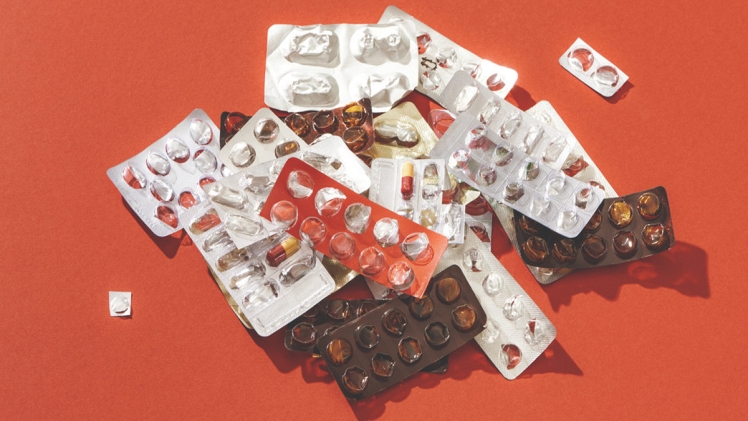The continuum of medical or psychotherapeutic treatment for addiction to psychoactive alcoholic beverages, prescription medication, and street drugs like cannabis, cocaine, heroin, or amphetamines is known as drug rehabilitation.
The overall goal is to help the patient recognize drug abuse, if it exists, and stop abusing substances to escape the psychological, legal, financial, social, and physical effects that can result.
Medication for addiction or other conditions, expert therapy, and exchanging experiences with other addicts are also part of treatment.
What are treatments for drug addiction?
There is a range of options for drug rehab, especially drug rehab Dallas, that have proven to be effective for drug abusers, including:
- Counseling for behavioral problems
- prescription drugs
- Health equipment and apps for treating withdrawal symptoms and providing skill training
- Co-occurring mental health conditions such as depression and anxiety are assessed and treated.
- long-term monitoring to avoid relapse
A wide variety of services and a personalized recovery planTherefore, the one-on-one counseling sessions and follow-up options can be critical to progress. As required, medical and mental health resources should be included in the care. Community- or family-based treatment support services can be used as part of the follow-up care.
Day Therapies In Drug Rehab Centres
The most intense care is provided in the middle of the day. Following a nutritious lunch, a series of therapy sessions are usually started.
Individual Behavioral Therapy
One of the most common approaches used in alcohol recovery facilities is Cognitive Behavioral Therapy (CBT). CBT focuses on how you respond to particular stimuli in your life. When those have been established, the therapist will help you create new, more healthy approaches to those stimuli.
The one-on-one counseling sessions, therefore, provide a supportive atmosphere in which you can open up and express your worries and concerns, enabling the therapist to offer resources and appropriate behavioral solutions to these anxiety causes.
Group Therapy
Participants in group sessions develop a sense of camaraderie since they have all struggled with addiction. Sharing personal stories can be very helpful to the members in terms of emotional recovery.
During the weeks of recovery, the group members also gain a sense of unity. As confidence develops, they are becoming more transparent in their sessions and gain genuine sympathy and care for each other’s struggles.
Specialized Sessions
Specialized counseling sessions are available at several rehab facilities. These may be personalized for anger management, stress management, or grief therapy, with coping strategies to help you better handle problems without resorting to drugs or alcohol.
Family Therapy
Since family support can be an essential part of recovery, most opioid treatment facilities include it in their services. Addiction has a devastating effect on the entire family, leading to toxic codependency, reinforcing habits, and extreme rage and frustration.
Many problems are resolved, and feelings are discussed during family therapy sessions. Family involvement is essential to any drug addiction recovery program’s long-term effectiveness because it influences the dependent person’s potential support after they are released.
Aside from counseling, New Jersey rehabs can host speakers who share their personal experiences, giving residents hope for the future. Often, the speakers address practical concerns such as resuming work after treatment or simply delivering motivational speeches to raise spirits.
Read More About: f95zone

